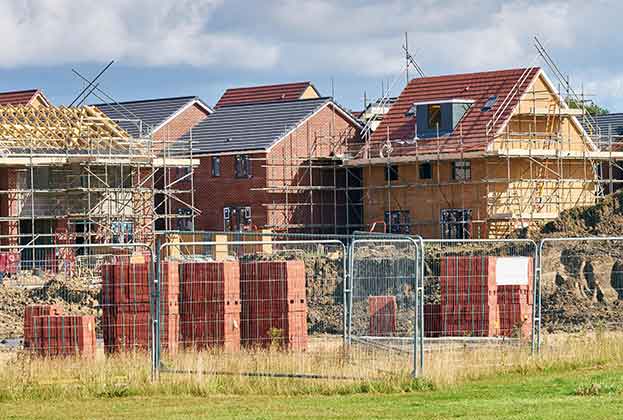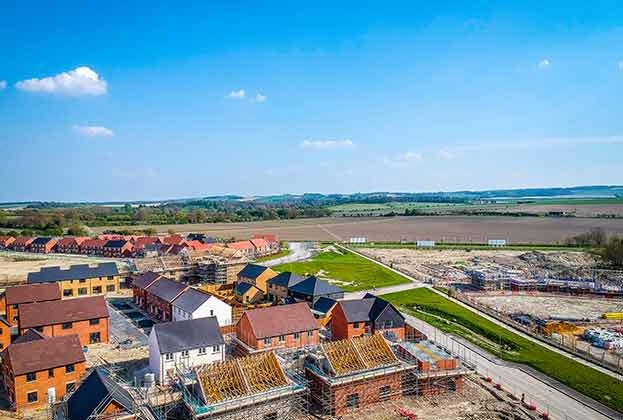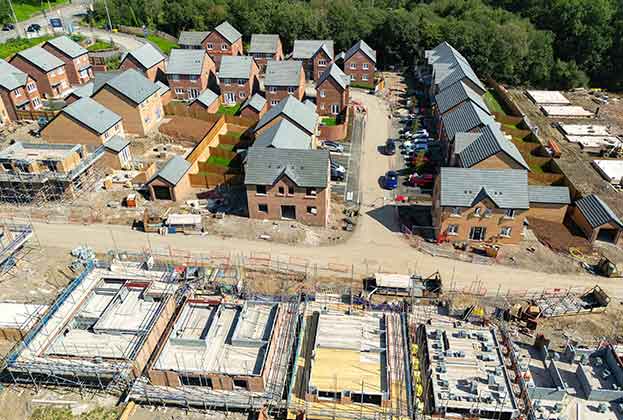Levelling Up first appeared as a Conservative policy in its 2019 general election manifesto and is now a regular feature of political discourse.
The Government introduced the Levelling Up and Regeneration Bill to Parliament earlier this year as part of its ambitions to fix regional inequality and drive economic growth – though how this vision plays out now in the light of current political upheaval remains to be seen.
As part of the Government’s ambitions to fix regional inequality and drive economic growth, it has recently introduced the Levelling Up and Regeneration Bill to Parliament. The need for Levelling Up is born out of geographic disparities across a number of key metrics including employment rates, pay, health, education and productivity. These disparities exist not only between London and the rest of the UK, and the North and the South, but also when comparing counties and their principal cities.
By limiting the interpretation of Levelling Up to the North-South divide, is there a risk that existing problems in the South could get worse?
The Government has clearly set out its stall on a ‘bold programme of changes’ believing that a focus on improving transport infrastructure and planning policy will increase access and investment in geographies that have previously been overlooked.
Transport infrastructure informs our most basic decisions, where we live, work and send our children to school. These decisions and the convenience of making them have consequential effects on the local economy, house price values, businesses, jobs and crucially investment – a key metric of the Government’s Levelling Up agenda.
It may then be surprising that start-ups outside London attracted more tech investment than the whole of France in 2021. The Government published its Levelling Up Power Tech League for 2021 which ranks regional cities based on a range of financial measures, from the amount of money raised by start-ups to the quantity of venture capital funding invested. It may be even more surprising then that only three cities feature in the south of England. The top ten are:
1. Cambridge
2. Manchester
3. Oxford
4. Edinburgh
5. Bristol
6. Leeds
7. Birmingham
8. Newcastle
9. Cardiff
10. Belfast
The common thread between all of these is a Russell Group university. So often we see investment in education as a priority and cities are now capitalising on the innovation frequently born in universities. Cambridge Innovation Capital has a contract with Cambridge University to back promising ideas. In April 2022 it announced £225 million raised to invest in start-ups to add to the $1 billion of assets already under management.
However, the issue for regional cities with quality universities has always been the retention of students beyond graduation, with many seeking the bright lights of London.
In Cambridge, which tops the league, the retention of post-graduates may be difficult for a different set of reasons – acute affordability driven by a lack of housing supply. There is no shortage of work in the city, with employment expected to grow by 9 per cent over the next 10 years but demographics are changing. Oxford Economics predicts that between 2021 and 2031 the number of Cambridge residents aged over 60 will grow by 29 per cent, conversely the demographic aged between 25-59 is expected to fall by 12 per cent.
This is a direct consequence of the city’s unaffordability. A home is on average 12 times people’s annual earnings in Cambridge, meaning younger households cannot afford to move to or stay here.
Transport infrastructure in Cambridge is famously overworked. To exacerbate this, East West Rail is now looking doubtful and the city Metro has fallen off the agenda with the change of Mayor. There is a need to improve the city’s infrastructure, however this is unlikely to come from private investment.
Without significant investment in transport and increased housing delivery to alleviate the affordability crisis, Cambridge risks its position as a key technology and venture capital hub. At first glance the city may not be the most obvious choice for the Government’s levelling up plans, but it is surely a worthy candidate.




.jpg)


.jpg)

.jpg)
